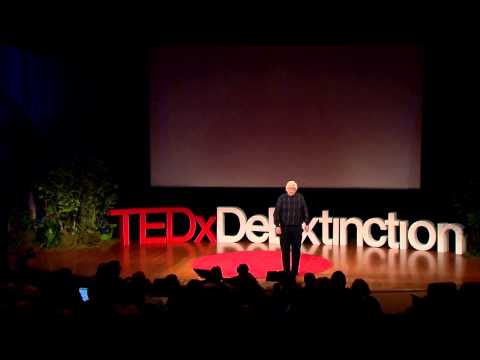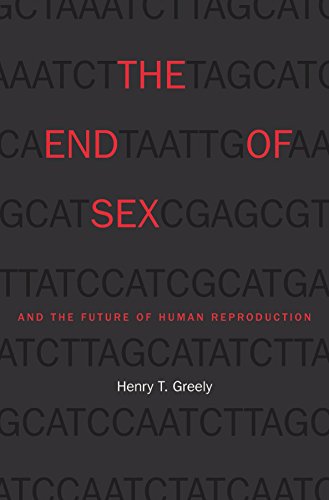
Henry T. Greely
“Our brains are the essence of our humanity. When we interact with other people, we may think we’re interacting with their bodies, but what we really care about is our interactions with their brains.”
Henry T. Greely is a Professor of Law and Professor, by courtesy, of Genetics at Stanford University. He specializes in ethical, legal, and social issues arising from advances in the biosciences, particularly from genetics, neuroscience, human stem cell research, and assisted reproduction.
At Stanford, Greely serves as both the Director of the Center for Law and the Biosciences, which examines biotech discoveries in the context of the law and weighs their impact on society, and of its Program in Neuroscience and Society. He is the Chair of the Steering Committee of the Center for Biomedical Ethics.
Greely currently belongs to the International Neuroethics Society, of which he is a founder and former president; the National Institutes of Health’s BRAIN Initiative; the Committee on Science, Technology, and Law of the National Academies; and California’s Human Stem Cell Research Advisory Committee, of which he is the chair. He is an elected member of the American Association for the Advancement of Science.
In his book The End of Sex and the Future of Human Reproduction, Greely discusses the revolutionary biological technologies that will change the future of reproduction and the deep ethical and legal challenges humanity faces as a result.
Previously, Greely was a partner at Tuttle & Taylor, staff assistant to the secretary of the U.S. Department of Energy, and special assistant to the general counsel of the U.S. Department of Defense, as well as a law clerk to Justice Potter Stewart of the U.S. Supreme Court and to Judge John Minor Wisdom of the Court of Appeals for the Fifth Circuit. He obtained his B.A. in political science from Stanford University and J.D. from Yale University.






